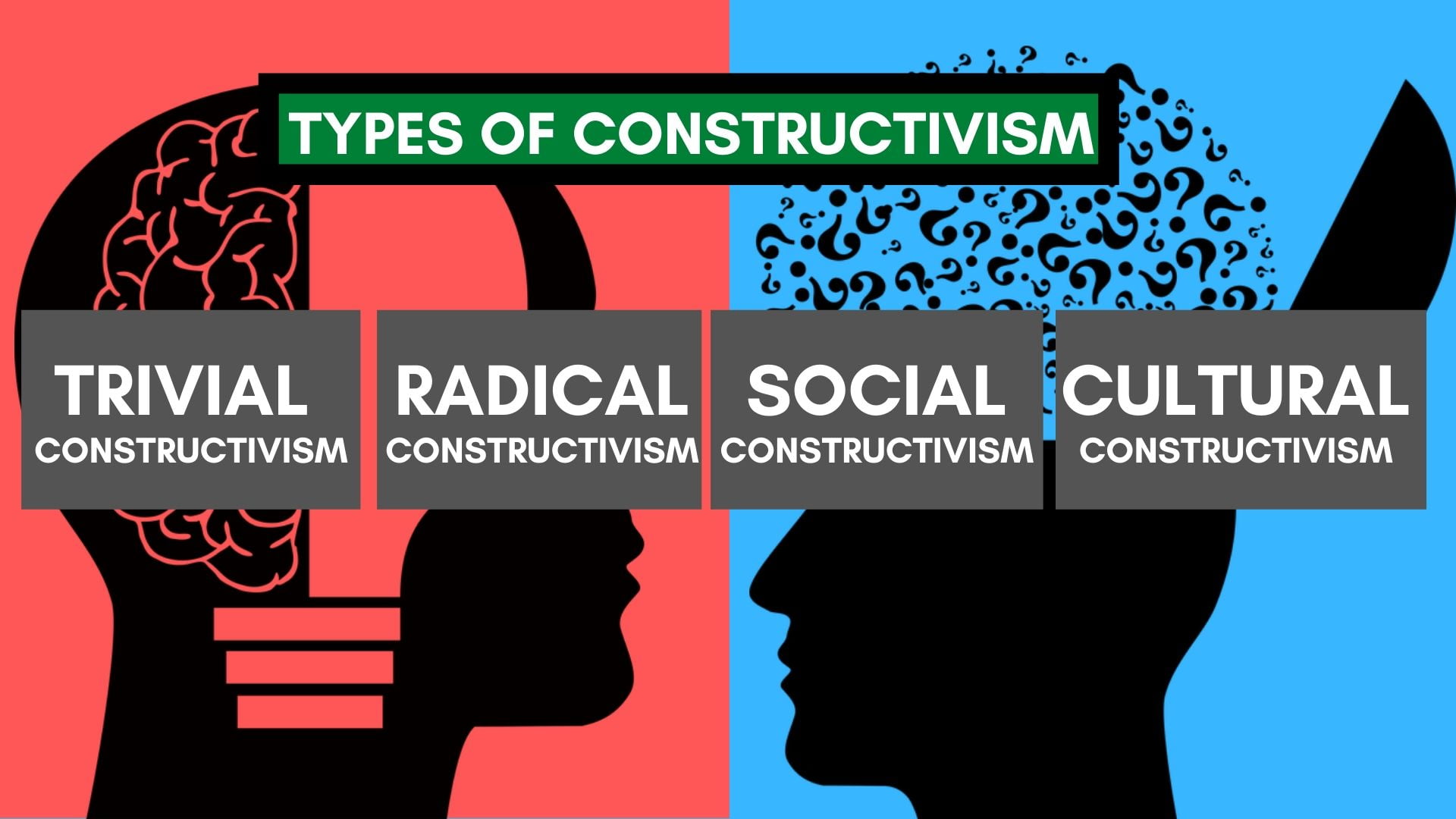Investigation — the always largely formal investigation into an issue or event, usually based on an empirical method of diagnosing a situation in order to reveal facts and solve problems. This is rather, a process of looking through evidence and analytical thinking.
Types of Investigations
Investigations: Police investigate crimes to identify and apprehend suspects.
Scientific Investigations: Knowledge gained by conducting investigations to answer scientific questions.
Public Interest Reporting: Journalists investigate corruptioncrime or social injustice.
Corporate Investigations – Businesses need corporate investigations to determine the facts where fraud, waste, or abuse may have occurred and within their organization.
The Investigation Process
Triggering Action: An investigation is triggered by an event, allegation, or inquiry.
Planning: Investigators plan on how to collect evidence and talk to witnesses.
Evidence Collection: Investigators gather evidence, which could be in the form of documents, physical objects or even digital data.
Interview: investigators will interview witnesses with aims to receive information and validate evidence
Analysis: The evidence is analyzed to reveal patterns, inconsistencies, and potential leads.
Report writing — Investigators will prepare detailed reports based on their findings.
Conclusion: Investigators summarize the findings based upon the evidence retrieved, and provide their opinion of what happened.
Things needed to do a proper investigation.
Analytical Examples: Being able to decompose complicated scenarios into smaller, digestible pieces
Justification: critical thinking — the ability to assess information and reach valid conclusions
Problem-Solving: capacity for recognizing and resolving problems
Attention to Details: Most of the time, the systems that a QSA works with can be cumbersome and complicated.
Ability to communicate: The ability to communicate effectively through spine and writing
It provides us with the ability to reason, analyze, and tackle intricate problems by knowing the underlying principles as well as methodologies of investigation.



